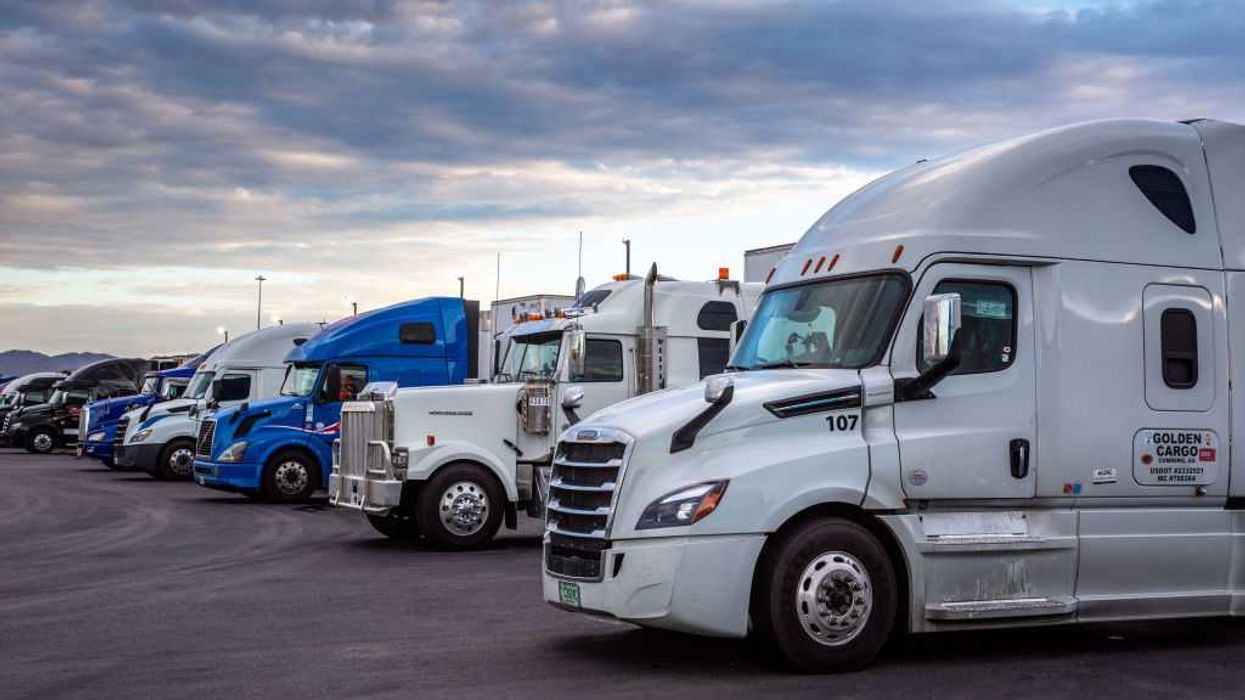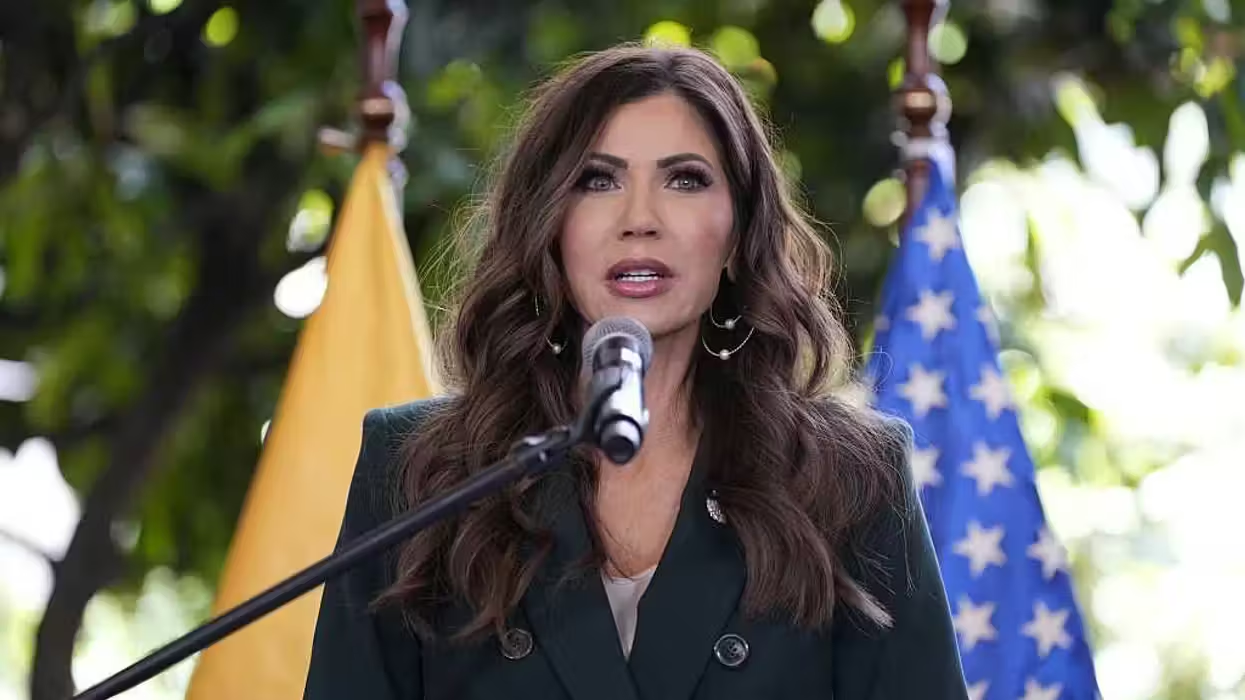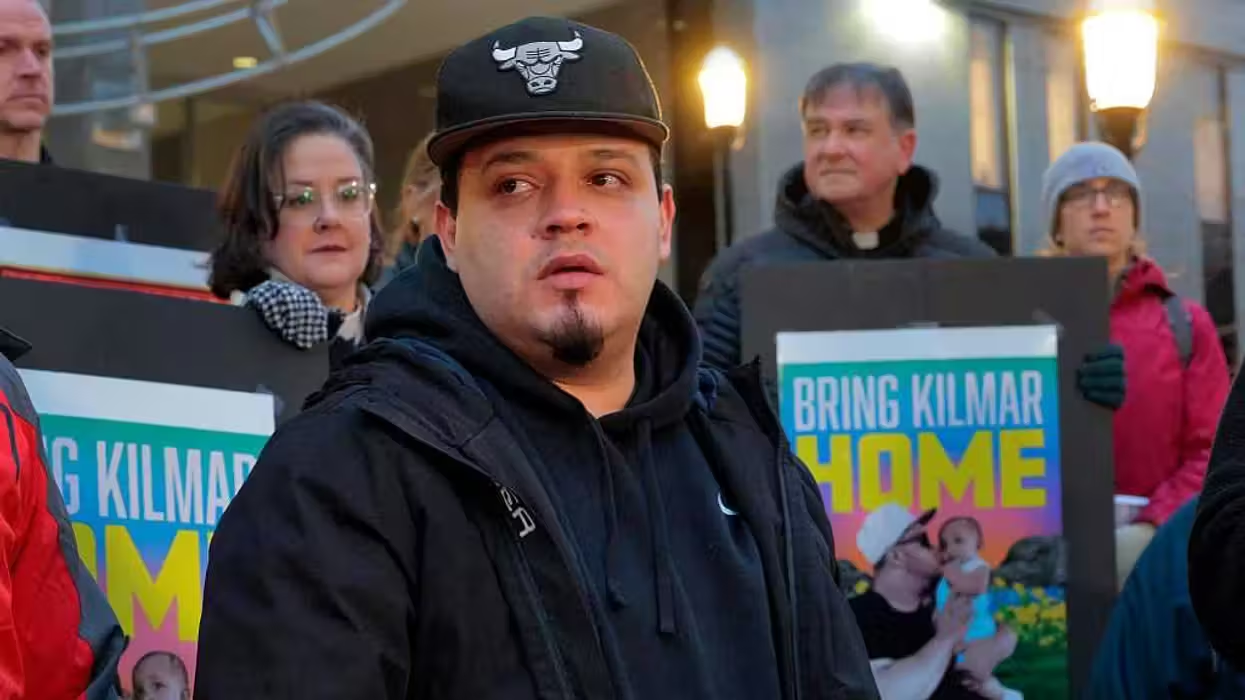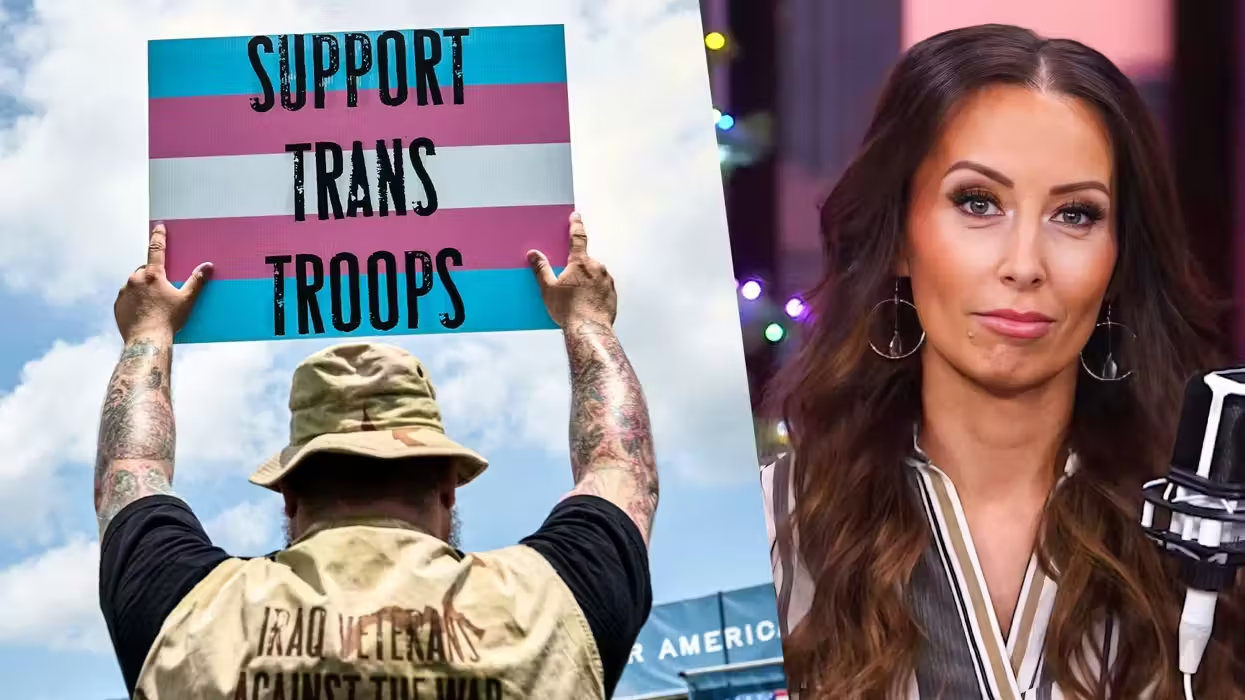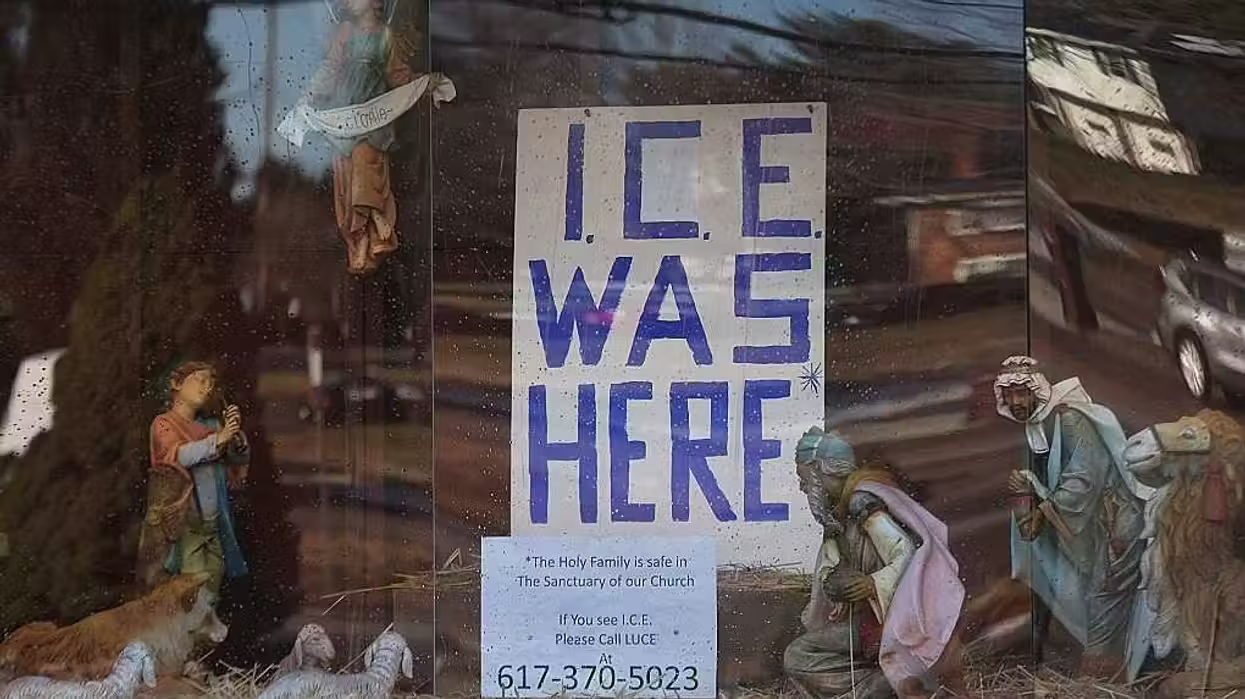It was a Tuesday. Nancy Writebol was helping disinfect health care workers in Liberia who were dealing with the largest Ebola outbreak in history, and now she didn't feel well herself.
"That afternoon I wasn’t feeling really great," Writebol, who served in ELWA Hospital in Monrovia, told TheBlaze in a phone interview Friday. "I was going to take off early from the isolation unit anyway … I went home and called our doctor. I felt like I had malaria."
The 59-year-old missionary with the North Carolina-based Serving In Mission would soon learn that she did have malaria, but that wasn't all.
 Nancy Writebol poses with children in Liberia. She contracted the Ebola virus over the summer while serving during the outbreak ravaging West Africa. (AP/Courtesy Jeremy Writebol)
Nancy Writebol poses with children in Liberia. She contracted the Ebola virus over the summer while serving during the outbreak ravaging West Africa. (AP/Courtesy Jeremy Writebol)
Writebol, having had malaria once already, knew what it felt like and went in for a test. It came back positive.
"So I went home and started taking malaria medication and I just stayed at home for the next four days," she said. She felt tired and was trying to fight off the malarial infection.
That Saturday, a doctor showed up at her door.
"The doctor came by and said 'Nancy, we’re just going to run the Ebola test on you. We don’t think you have it, but we just want to check to be sure,'" Writebol recalled.
She got her results from her husband, David.
"Well, he told me first of all that Dr. Kent Brantly was positive for Ebola, and then he said, 'And Nancy, you are too,'" Writebol said.
Writebol remembered that at this news, she was mostly concerned for Brantly and his wife, Amber. She was thinking about them as she rose from her seat, and in that moment, her husband reached out to her.
"David reached up to comfort me and I said, 'David, don’t,' because I knew how dangerous it was for David, and we had been in the same house for four days," she said.
The fact that David didn't end up contracting the disease, Writebol said, was due to "God's wonderful grace."
From July 22 until she was evacuated back to the U.S. for further care, Writebol remained isolated in her Liberian home. On Aug. 5, Writebol was flown back to America and transported under very strict procedures to Emory University Hospital in Atlanta, which was already caring for Brantley.
 David and Nancy Writebol talk about the journey they have made as missionaries helping people in Liberia where Nancy contracted the Ebola virus, after a news conference in Charlotte, N.C., Sept. 2, 2014. (AP /Bob Leverone)
David and Nancy Writebol talk about the journey they have made as missionaries helping people in Liberia where Nancy contracted the Ebola virus, after a news conference in Charlotte, N.C., Sept. 2, 2014. (AP /Bob Leverone)
It is well known at this point in the historic outbreak that Ebola causes fever, vomiting, diarrhea, bleeding and other symptoms. The virus itself is spread through direct contact with the bodily fluids of an infected individual. But these symptoms are tossed around in the media, fact sheets and medical guidelines in a way that doesn't quite get to the horror of what an Ebola patient actually suffers.
"Those are some of the symptoms and you just get really, really weak and you're lethargic and you cant get out of bed," Writebol said. "Every day is just weaker and weaker and weaker. I think when the diarrhea sets in you know that something else is wrong."
Writebol explained that she experienced extreme skin sensitivity as well.
"You couldn’t even touch me it was so painful," she said. "I remember one night Dave came into the bedroom and he had come in [personal protective equipment] and he laid his hand on my leg and it was just extremely painful. I don’t know, it’s hard to describe what the skin does, but there's a lot of pain."
While still in Liberia, Writebol had little energy but could occasionally read or be on her computer. When she was back in the U.S., she said she focused on recovering and didn't do much else.
Though Writebol received some care for her condition in Liberia, she said the technology at Emory was far better than what is available to those in West Africa right now. Take a machine that analyzed the electrolytes in Writebol's body so doctors could administer what she needed, for example.
 Ebola patient Amber Vinson arrives by ambulance at Emory University Hospital in Atlanta, Oct. 15, 2014. Vinson, a Dallas hospital nurse, is the third patient to be brought to Emory with the disease. (Kevin C. Cox/Getty Images)
Ebola patient Amber Vinson arrives by ambulance at Emory University Hospital in Atlanta, Oct. 15, 2014. Vinson, a Dallas hospital nurse, is the third patient to be brought to Emory with the disease. (Kevin C. Cox/Getty Images)
What remained the same on both sides of the Atlantic Ocean were doctors who "were very compassionate and kind," Writebol said.
Writebol was discharged from the hospital, free of the Ebola virus, on Aug. 19. All she kept saying after her recovery was "praise the Lord."
Going forward, Writebol, who is still regaining her strength, said Americans need to have a "respectful fear of Ebola."
"I think that we just need not to panic and fear a total outbreak here [in the U.S.] We were not surprised that we’ve had some cases. We live in a small world now where travel is easy and so it is very easy to cross borders … we just need to be wise and follow what doctors are [saying]," she said.

 Nancy Writebol poses with children in Liberia. She contracted the Ebola virus over the summer while serving during the outbreak ravaging West Africa. (AP/Courtesy Jeremy Writebol)
Nancy Writebol poses with children in Liberia. She contracted the Ebola virus over the summer while serving during the outbreak ravaging West Africa. (AP/Courtesy Jeremy Writebol)

